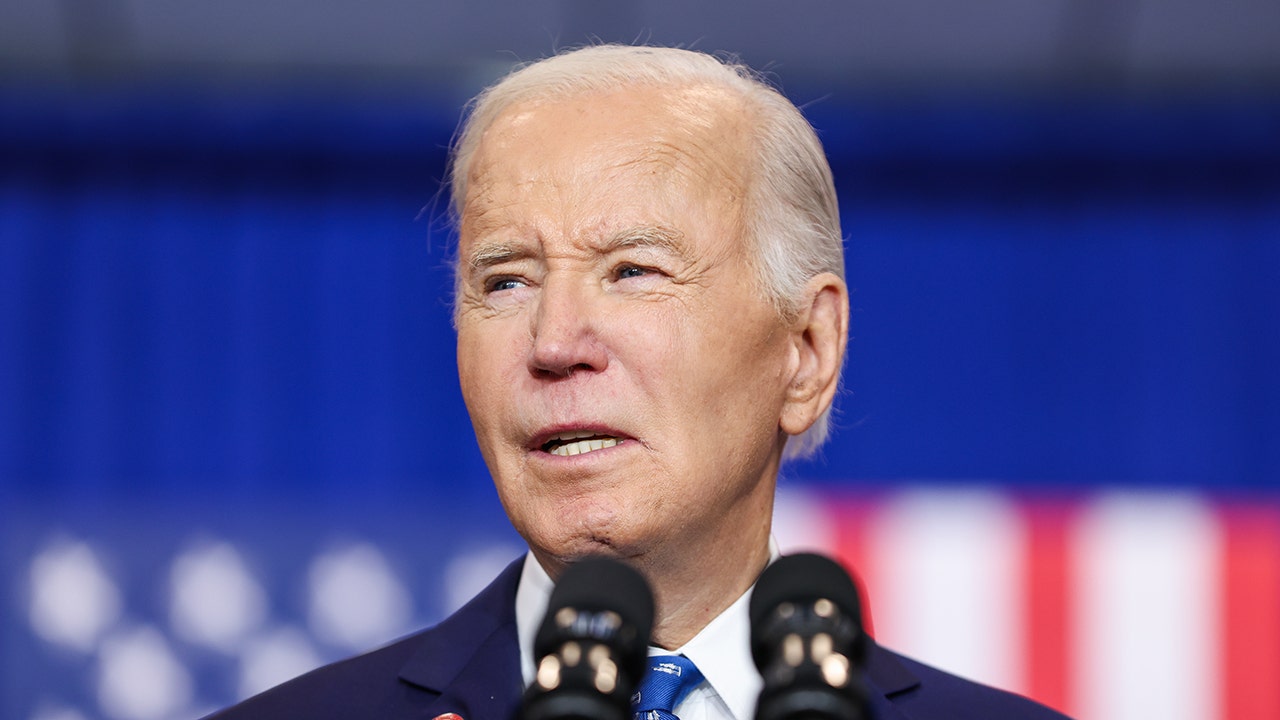Biden admin working to effectively ban cigarettes in 11th hour proposal a ‘gift’ to cartels, expert says

The Food and Drug Administration (FDA) is currently in the process of finalizing a regulatory rule that would effectively ban cigarettes currently on the market in favor of products with lower nicotine levels. This move, made in the final days of the Biden administration, has raised concerns about the potential impact on the black market for tobacco products.
According to Rich Marianos, former assistant director of the U.S. Bureau of Alcohol, Tobacco, Firearms and Explosives, the proposed ban could inadvertently boost business for organized crime cartels. He explained that Mexican cartels, Chinese criminal organizations, and Russian mafia groups are well-positioned to traffic illegal tobacco products into the U.S. This would not only lead to an increase in criminal activity but also expose American consumers to unregulated and potentially dangerous products.
Marianos emphasized that the decision to lower nicotine levels in cigarettes without proper preparation or consultation with law enforcement and regulatory agencies could have unintended consequences. He warned that criminal groups would quickly adapt to the new regulations and seize the opportunity to expand their illicit tobacco operations, ultimately profiting from the ban on traditional cigarettes.
Additionally, the proposed ban could lead to an increase in smoking as consumers seek out cigarettes with higher nicotine levels through illicit channels. This would contradict the FDA’s stated goal of reducing smoking rates and improving public health. Marianos pointed out that restricting access to higher nicotine cigarettes could actually drive more people to smoke, as evidenced by the prevalence of smokers taking more frequent smoke breaks in response to lower nicotine levels.
The Biden administration’s previous attempt to ban menthol cigarettes faced backlash from various groups, including concerns about disproportionately impacting minority communities and fueling illicit sales. While the FDA has not yet finalized the proposed rule on nicotine levels, critics have raised serious concerns about the potential consequences of such a drastic regulatory change.
In conclusion, the proposed ban on cigarettes with higher nicotine levels could inadvertently benefit criminal organizations operating on the black market and undermine efforts to reduce smoking rates. It is essential for regulatory agencies to carefully consider the potential ramifications of such policies and engage with stakeholders to develop effective strategies that prioritize public health and safety.




